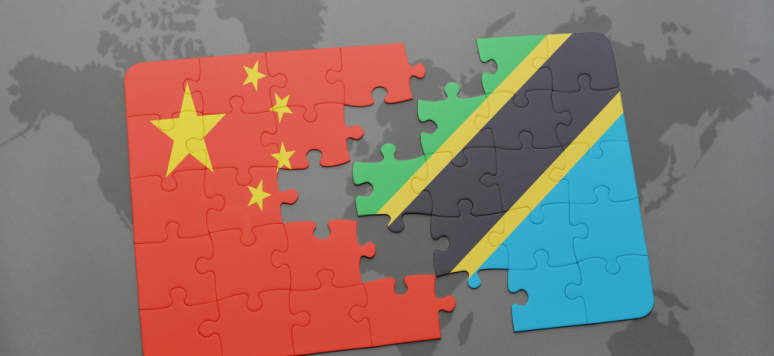Notes de l'Ifri - From Friends to Partners? The Changing Nature of Sino-Tanzanian Relations Notes de l'Ifri, September 2021

Since the post-colonial period, China and Tanzania have maintained a close diplomatic relationship. This note offers a subtle analysis of the changing relationship between both countries since the 1960s. It assesses the economic ties and studies the collaboration of both countries in the agriculture, health, education and security sectors.
There is a shared perception, at least in the official narrative, that the relationship between Tanzania and China embodies “all-weather friendship”, a term usually used to characterize the relations between China and other African countries.
Throughout most of the 1960s and 1970s, Sino-Tanzanian relations earned “special” status, illustrated by China’s seemingly unconditional support for Tanzania, despite being a poor country itself. At the core of this relationship was the two countries’ commitment to anti-imperialism and the promotion of socialism in the global south. However, since the market reforms and opening-up in China and Tanzania that began in the later 1970s and mid-1980s respectively, the relevance of these political aspects has been reduced by the overriding economic interests of both countries. Therefore, one wonders whether the two countries still maintain the special bond they had in the past.
In response to this question, we find that the changing global context has not only reoriented the economic policies of the two countries but has led to the emergence of new stakeholders competing with China for privileged economic and strategic relationships with Tanzania.
